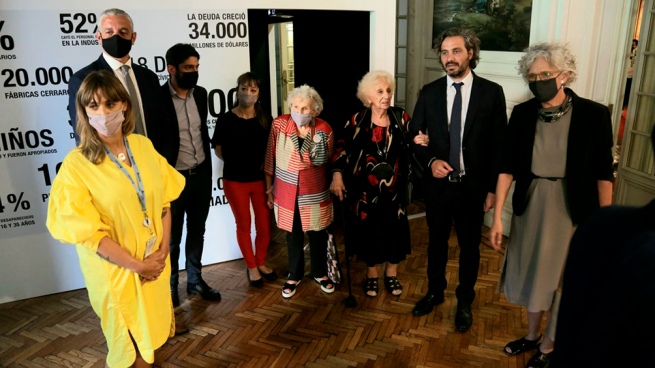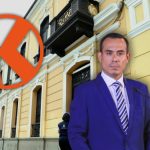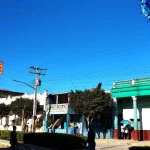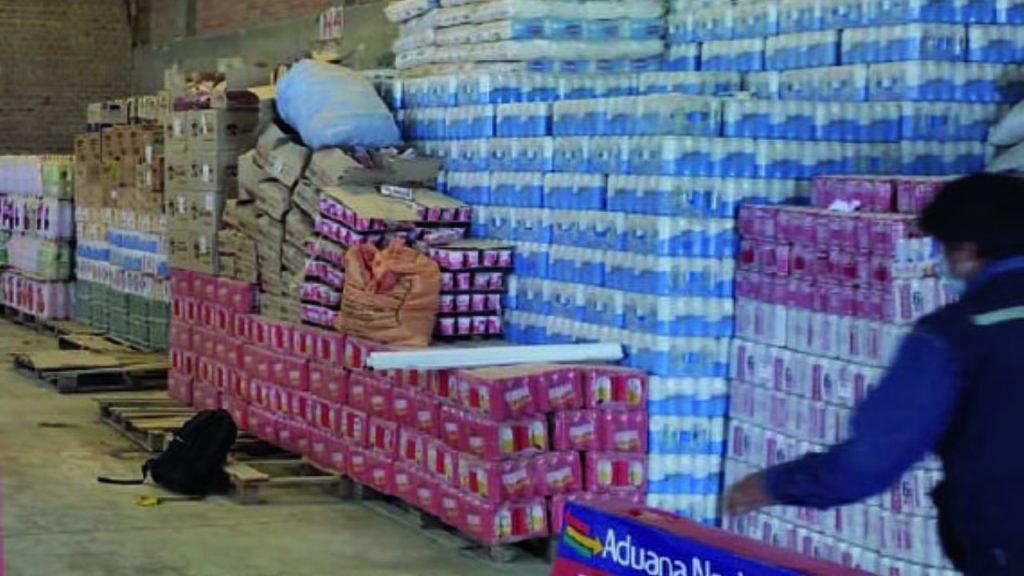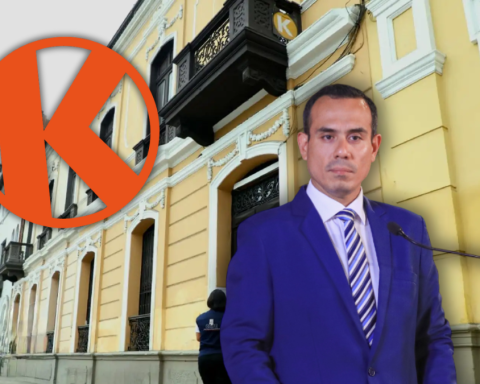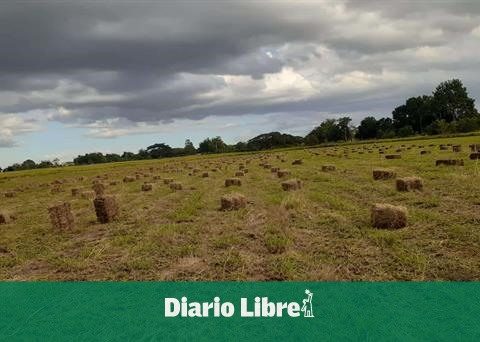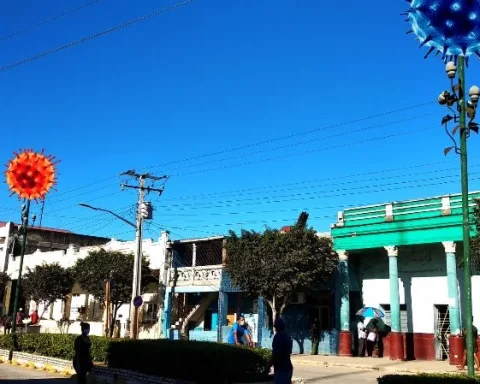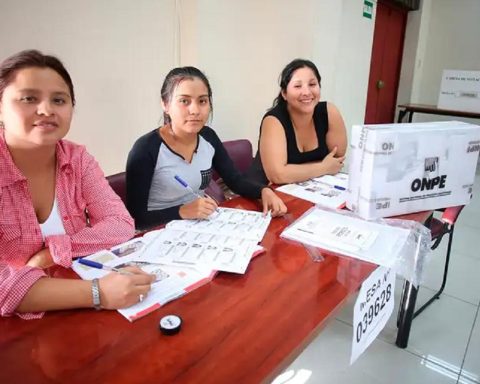A white handkerchief given by the president of Abuelas de Plaza de Mayo, Estela de Carlotto, will be framed and exhibited in the offices of the United Nations (UN), where Argentina will hold the presidency of the Human Rights Council in Geneva, Switzerland.
Argentina will assume for the first time in history the Presidency of the United Nations Human Rights Council.
It is a recognition of our country and its commitment to human rights as part of the national identity since the recovery of democracy. pic.twitter.com/HmdwLlrH7k
– Santiago Cafiero (@SantiagoCafiero) December 6, 2021
The gift was given within the framework of the meeting headed this Thursday afternoon at the San Martín Palace by Foreign Minister Santiago Cafiero with the country’s Human Rights organizations and the Permanent Representative of the Argentine Republic to International Organizations in Geneva, Federico Villegas Beltrán.
Those present there
In addition to the aforementioned Estela de Carlotto, there were present Lita Boitano, president of Relatives of the Disappeared and Detained for Political Reasons; Manuel Gonçalves Granada, from the National Commission for the Right to Identity; Verónica Torras, from Memoria Abierta; Silvana Turner from the Argentine Forensic Anthropology Team; Paula Litvachky and Camila Maia, from the Center for Legal and Social Studies; Tete Piñeiro and Micaela Bracco, from the Permanent Assembly for Human Rights; and Paola García Rey, from Amnesty International.
About the meeting
At the meeting, they worked on the agenda that Argentina will promote when it holds the presidency of the United Nations Human Rights Council for the whole of next year, where it was elected for the first time in history, and by acclamation, by the 47 countries members.
Later, in the Palacio San Martín, the sample of the Museo Sitio Esma “Argentine Memory for the World Heritage of Never Again”, which also had the presence of the Secretary for Human Rights, Horacio Pietragalla Corti.

There Cafiero affirmed that “the fight for human rights is permanent” and added: “We give it every day, with our history, with our present and we want to give it towards the future.”
“We have to continue to show, through our embassies around the world, the work that has been done, our country’s commitment to human rights and we need all the resources of the State and citizens to support this policy,” he said. The chancellor.
Argentina’s candidacy for the declaration of the ESMA Site Museum as Unesco heritage “It allows us to reflect and we see all a memory recovery work that has been done, in addition to the need to export this memory to the world. We have to export Argentine memory to the world,” said Cafiero.
With the presence of the director of the @MuseoSitioESMA Alejandra Naftal, the dear Estela de Carlotto and Lita Boitano went through the different panels installed in @CancilleriaARG that bear witness to the horrors that we went through as a society in the last civic-military dictatorship. pic.twitter.com/lqLqZ6Zfzt
– Horacio Pietragalla Corti (@pietragallahora) December 9, 2021
For his part, Pietragalla Corti pointed out that “Human Rights policy in Argentina is a policy to export, to be able to tell the world what it cost us, but how it was also possible to reach comprehensive reparations for all victims of State terrorism. ”.
“That this ex-ESMA Museum can be declared a UNESCO World Heritage Site is today the supreme interest that we have from foreign policy, both from the Ministry of Foreign Affairs and from the Secretariat for Human Rights,” said the Secretary for Human Rights.
During the event, the Award Ceremony of the Emilio F. Mignone International Human Rights Award, 2021 edition, took place.
This year it was distinguished with the award to the organization Grupo de Apoyo Mutuo (GAM) of Guatemala. pic.twitter.com/b6qAVlq8ip– Horacio Pietragalla Corti (@pietragallahora) December 9, 2021
The exhibition “Argentine Memory for the World. Heritage of Never Again” will be available to the public until January 9 next in the Palacio San Martín (prior reservation for capacity reasons) and will travel the world during 2022 through Argentine representations abroad.
This initiative is part of the actions undertaken by the Argentine State to strengthen the candidature of the Esma Site Museum as a Unesco World Heritage Site.
In the tour of this sample there are present not only fragments of testimonies of survivors given to the Justice, but also a document that constituted a single fundamental evidence in the trial for the “Systematic Plan for the appropriation of boys and girls”: the letter written by Patricia Marcuzzo during her captivity.
